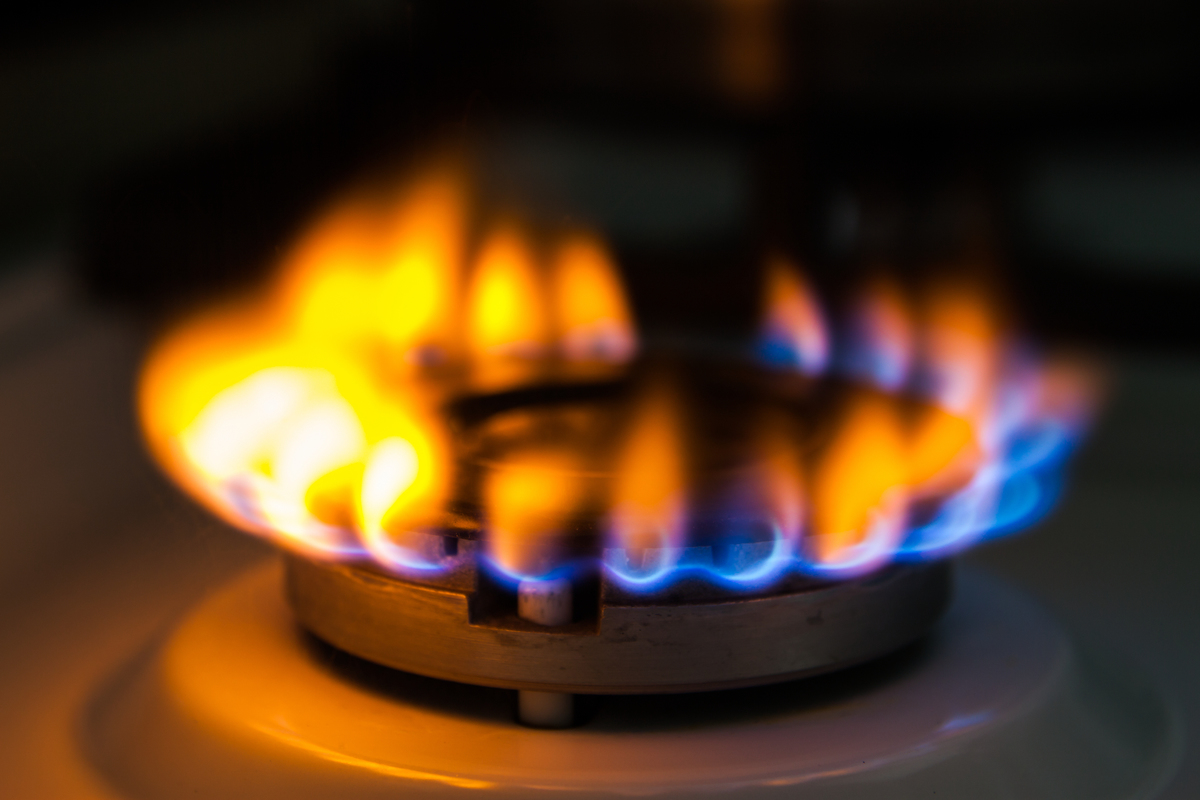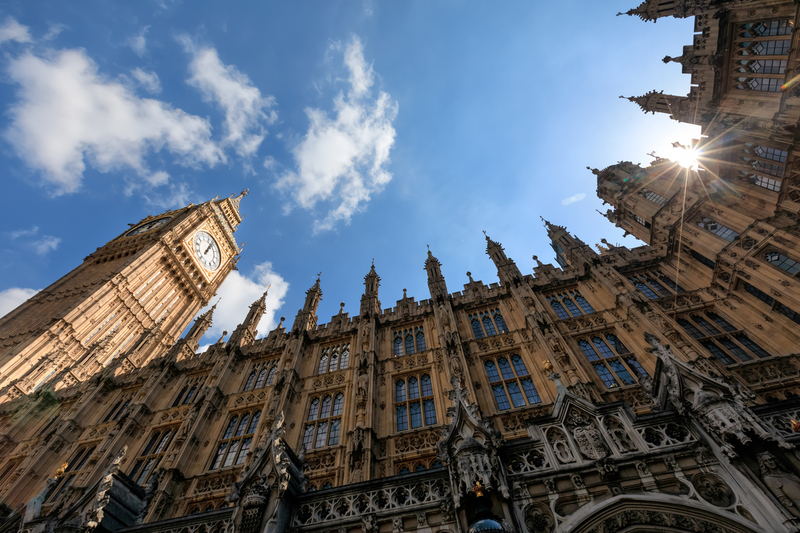Dear visitor,
You're reading 1 of your 3 free news articles this quarter
Register with us for free to get unlimited news, dedicated newsletters, and access to 5 exclusive Premium articles designed to help you stay in the know.
Join the UK's leading credit and lending community in less than 60 seconds.
Energy prices to fall after Ofgem lowers price cap
The price of energy will fall for millions across the UK this winter after the regulator, Ofgem, lowered the price cap.

Editor at Credit Strategy. Previously held roles at Accountancy Age, Accountancy Daily and the Leicester Mercury.
Ofgem sets maximum prices that can be charged for gas and electricity to those who have not switched suppliers and are on default tariffs.
The default price cap is set to fall from £1,254 to £1,179 from October 1 for the winter period, which runs until March. The pre-payment meter cap will fall from £1,242 to £1,217 per year for the same six-month period.
The new cap could see these households typically pay £75 less a year.
The regulator said wholesale energy prices fell significantly between February and June 2019. A combination of low demand during the winter, strong gas supply and relatively healthy storage levels have pushed down wholesale prices, resulting in the reduction of both caps.
Last month, the Competition and Markets Authority decided to bring the methodology for calculating the pre-payment cap in line with the default cap.
As such, the level of the pre-payment meter cap is higher than the default tariff cap to reflect the cost providing energy to these customers incurred by operating pre-pay keys and cards used to top up pre-payment meters.
The news comes after Centrica, the company that owns British Gas, recorded a 44 percent fall in profit at its consumer division. Centrica said the fall reflected the impact of the price cap.
Dermot Nolan, chief executive of Ofgem, said: “The price caps require suppliers to pass on any savings to customers when their cost to supply electricity and gas falls.
“This means the energy bills of around 15 million customers on default deals or pre-payment meters will fall this winter to reflect the reduction in cost of the wholesale energy.
“These customers can be confident that whatever happens, the price they pay for their energy reflects the costs of supplying it. Households can cut their bills further in time for winter, and we would encourage all customers to shop around to get themselves the best deal possible for their energy.”
Greg Jackson, chief executive of Octopus Energy, said: "Wholesale energy prices have fallen this year and the drop in the price cap will force energy companies to pass some of the benefits on to customers from October.
"The market is a healthier place, with more competition and fairer treatment of customers because the gap between an introductory offer and a standard variable tariffs is no longer as wide."
Stay up-to-date with the latest articles from the Credit Strategy team
READ NEXT
Via Atal: Unlocking global growth
The Budget - 2p National Insurance cut confirmed by the Chancellor
2024 Credit 500 unveiled
Get the latest industry news








